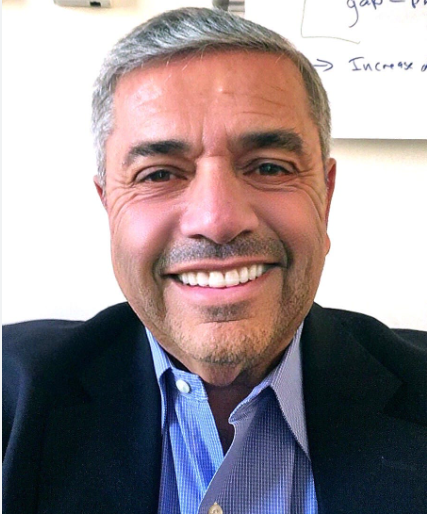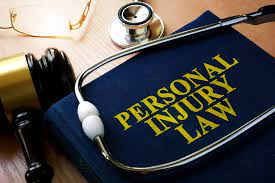
Dr. John Strobeck: When Should You Visit A Cardiologist?
When you have heart-related symptoms and your doctor orders a cardiac stress test or noninvasive cardiac imaging (such as an echocardiogram), it’s a good idea to visit a cardiologist. For that, renowned cardiologist Dr. John Strobeck from New Jersey will discuss when you should visit a cardiologist like him.
When You’re Experiencing Heart-Related Symptoms
First of all, if you’re having chest pain or discomfort, shortness of breath, and dizziness, it’s time to see a cardiologist. If these symptoms come on suddenly and feel like they could be cardiac-related, then you need to call your EMS immediately.
When A Doctor Orders A Cardiac Stress Test Or Noninvasive Cardiac Imaging
A stress test is a test that measures the heart’s ability to respond to exercise. This medical test can help determine if you have coronary artery disease, heart failure, or abnormal rhythms of your heart (arrhythmias). A stress test also may be used to evaluate your response to exercise.
Dr. John Strobeck On the other hand, a noninvasive cardiac imaging test uses sound waves and a computer screen instead of X-rays and radiation exposure. The most common noninvasive cardiac imaging tests are echocardiograms (also called echo) and nuclear medicine scans like positron emission tomography (PET) scans.
When You Have Certain Risk Factors For Heart Disease
You may need to see a cardiologist if you have risk factors for heart disease, such as atrial fibrillation or having had a heart attack. Such risk factors for heart disease include a family history of heart disease, high blood pressure, and high cholesterol.
If Your Doctor Wants To Monitor Changes In Your Heart Rate
If your cardiologist wants to monitor changes in your heart rate and rhythm or your blood pressure over time, he or she may suggest that you wear a device called an ECG monitor. This small device can be worn on the wrist like a watch, or inserted into the chest with a small needle to record the electrical activity of your heart for 24 hours.




